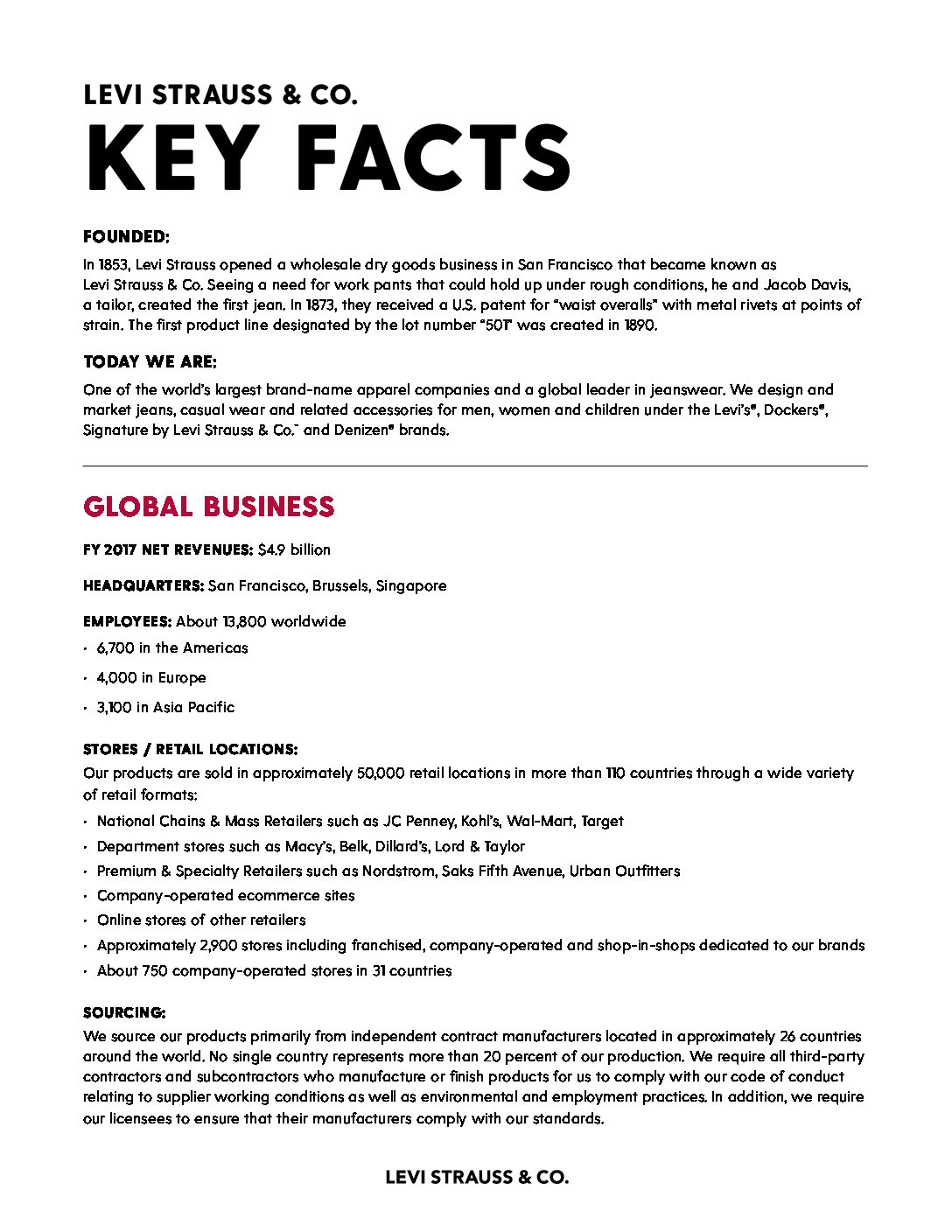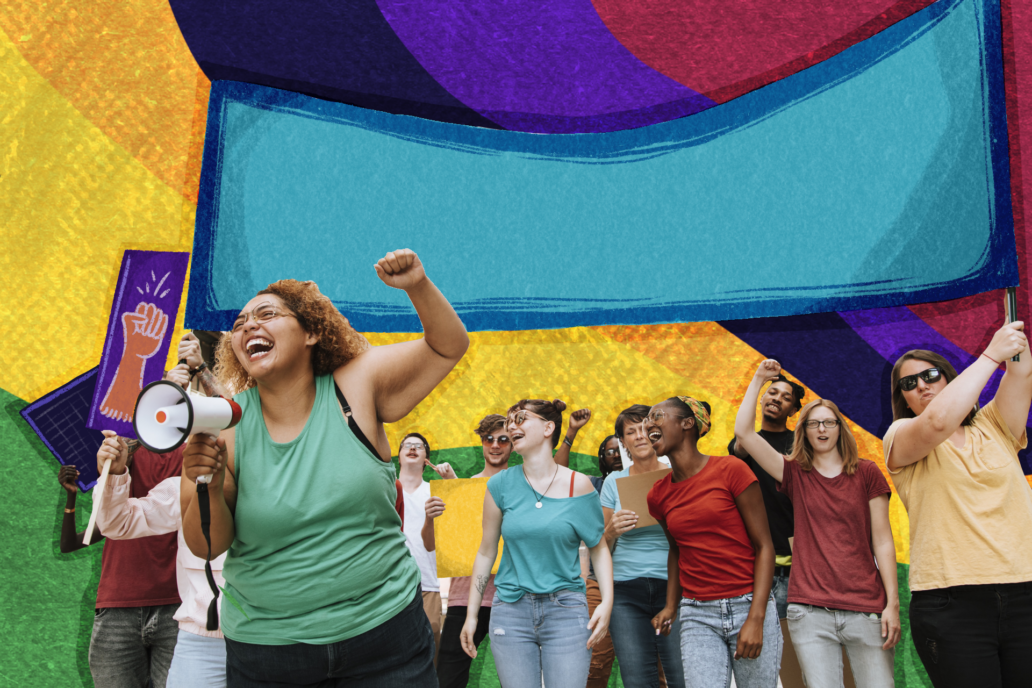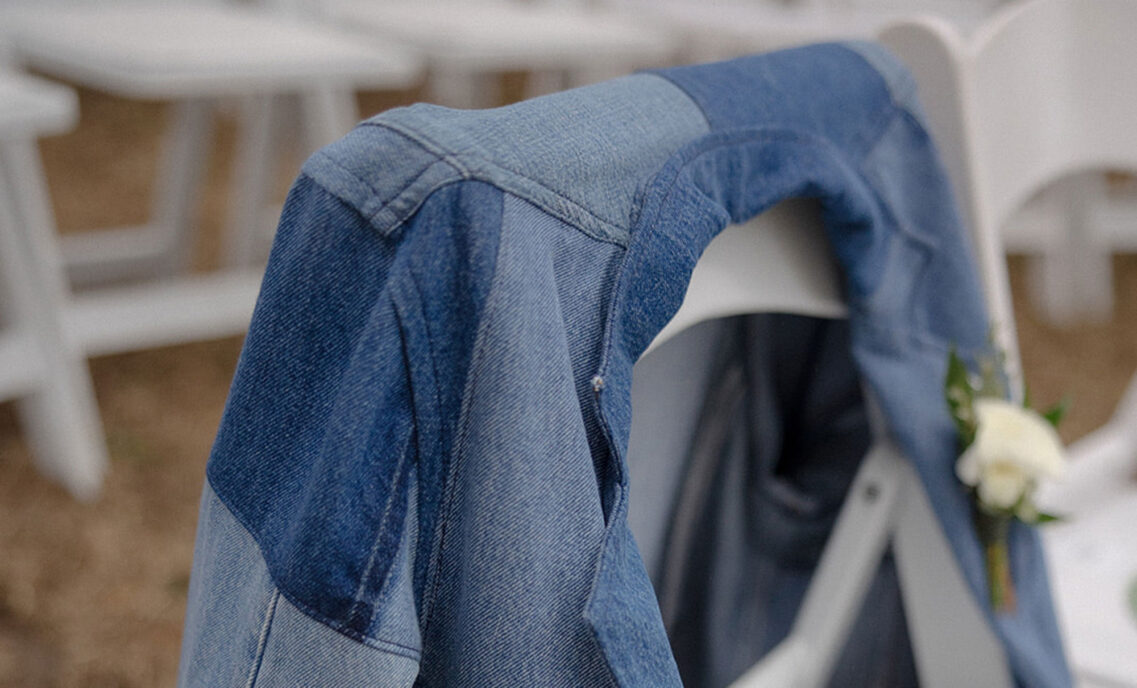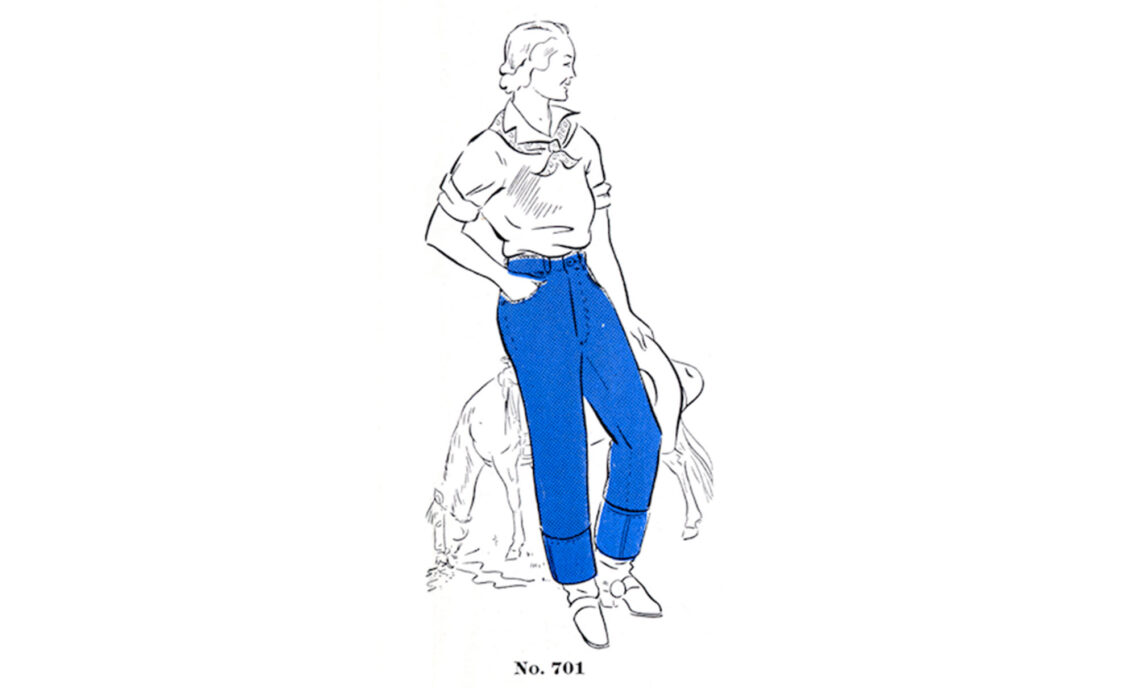If homeless “street children” were among the most vulnerable to HIV/AIDS in your city, how would you reach them with what could be life-saving information?
We recently told you how Alliance Ukraine used mobile clinics during Euro 2012 to raise HIV/AIDS awareness among soccer fans attending championship games.
But they didn’t stop there.
The Alliance organized a “Street Stars” mini-soccer tournament right in the middle of Kiev’s Euro 2012 “European Village,” targeting homeless and underserved children. The tournament was organized with help from 20 volunteers and funding by the Levi Strauss Foundation. As you see in the image above, UNICEF provided the children’s uniforms.
Boys weren’t the only ones who joined in the fun. More than half the players on some teams were girls—sending an important message about equality to everyone.
“There was also a team composed of social workers and another one of Alliance Ukraine staff,” Kostiantyn Pertsovskyi told us, “but the children played so well that they defeated both of the adult teams.”
Volodya, a 12-year-old so-called “street kid” from Odessa summed it up well: “We are so happy to be here during Euro-2012 championship, visiting the official Euro 2012 fan-zone and, what is the most important, playing football ourselves.”
And while soccer was the draw, sprinkled between kicks and goals, social workers and Alliance Ukraine educated the kids on healthy living and HIV/AIDS.
Two Ukrainian TV stations reported on the tournament, helping increase public awareness about the street children’s vulnerability to HIV/AIDS.
As for the recent Euro 2012 mobile clinics project, more than volunteers affected by HIV/AIDS held important conversations with more than 800 soccer fans about the importance of HIV prevention and ending stigma and discrimination.
Spain may have prevailed in Euro 2012, but those who learned about HIV/AIDS prevention and acceptance for all may have scored an even larger, personal victory.







